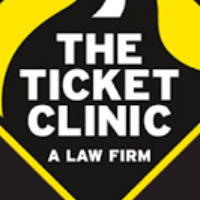Tampa DUI-DWI Lawyer, Florida
Sponsored Law Firm
-
 x
x

Click For More Info:
-
Joseph A. Gasparro, PA
813 Jackson Rd Jacksonville, FL 32225» view mapCriminal Defense Law Serving the Best Interests Of Our Clients
When you need accurate representation for criminal defense issues, Joseph Gasparro is there for you.
800-971-8621
Charles Richard Lambert
✓ VERIFIEDCharles Lambert is a practicing attorney in the state of Florida who handles criminal defense matters.
Richard McCluskey
✓ VERIFIEDRichard McCluskey is a practicing attorney in the state of Florida. He received his J.D. from St. Thomas University School of Law in 2005. He currentl... (more)
Daniel Scott Hartpence
✓ VERIFIEDDaniel Hartpence was born and raised in Fayetteville, Georgia. As the son of a chiropractor and teacher, he was instilled with the drive and motivatio... (more)
FREE CONSULTATION
CONTACTFREE CONSULTATION
CONTACTFREE CONSULTATION
CONTACTFREE CONSULTATION
CONTACT Joseph Gasparro Jacksonville, FL
Joseph Gasparro Jacksonville, FL AboutJoseph A. Gasparro, PA
AboutJoseph A. Gasparro, PA Practice AreasExpertise
Practice AreasExpertise






